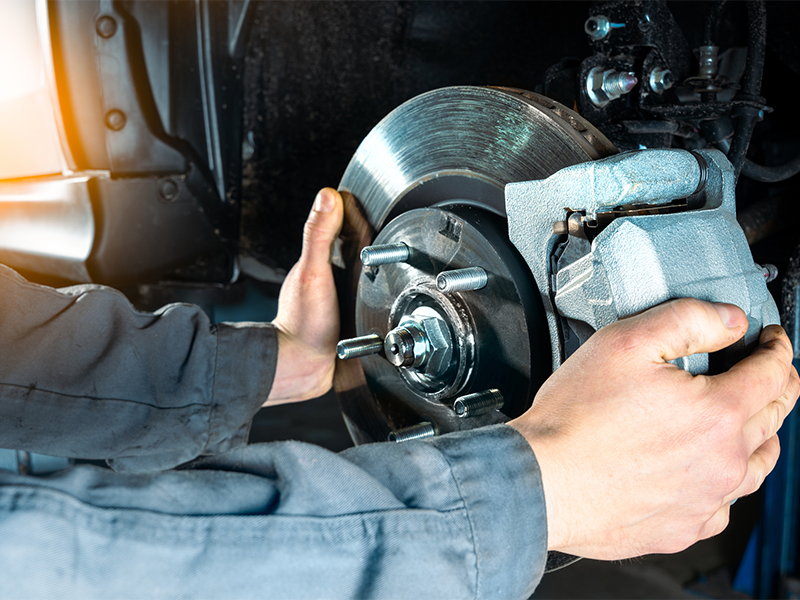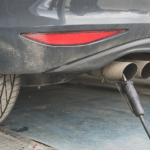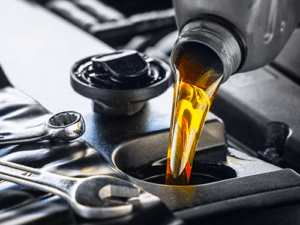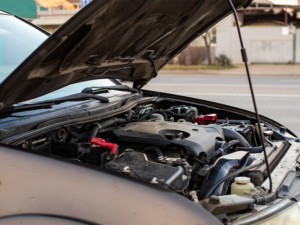
Vehicle safety is paramount and a functional brake is one of its most critical components. While no one wishes to be a victim of a faulty brake on the highway, wishes alone cannot be relied upon. It is, therefore, important for vehicle owners to have a basic understanding of brake systems, be able to recognize common brake issues, and be capable of interpreting warning signs that their vehicle’s brakes are in dire need of attention. This knowledge will not only help them avoid costly repairs; it could be the thin line between life and death or fatal injuries.
Understanding Brake Systems
A vehicle’s brake system is a complex assembly that requires routine inspection and maintenance. The main components, including pads, rotors, calipers, and fluid, all work together to ensure the car stops safely and effectively.
Brake pads, which generate the friction needed to stop the vehicle, experience wear over time. If the pads are excessively worn, drivers may hear a high-pitched squealing sound during braking, signaling it’s time for maintenance.
Maintaining proper brake fluid levels is crucial for system performance. Low fluid or leaks can reduce hydraulic pressure, creating a soft or spongy feel when pressing the brake pedal, which can impair braking.
Rotors also play an essential role, working alongside the pads to bring the vehicle to a stop. Warped or damaged rotors may cause vibrations felt through the steering wheel or brake pedal and indicate that it’s time for an inspection and potential replacement to prevent further issues.
Common Brake Problems
Worn brake pads often signal early brake issues, producing a distinctive screech when applied. If the pads wear down too far, braking efficiency can decrease, and the rotors may also sustain damage.
A soft brake pedal that compresses more than usual could indicate air in the hydraulic lines, a brake fluid leak, or a failing master cylinder, all of which need prompt inspection to avoid potential brake failure.
Unusual vibrations or pulsating when braking usually also point to rotor issues. Warping or uneven wear in the rotors can reduce braking performance and should be checked.
Meanwhile, grinding or growling noises during braking require immediate attention, as these sounds may indicate metal-on-metal contact, a serious condition that could quickly compromise safety if left unaddressed.
Signs of Brake Problems
Unusual noises like high-pitched squealing or squeaking often mean brake pads are worn and need replacement to avoid further damage.
If the brake pedal feels unusually soft or sinks closer to the floor, it may indicate a leak or air in the brake lines, which should be checked immediately to maintain braking control.
Additionally, vibrations or pulsing through the brake pedal or steering wheel during braking can point to uneven or warped rotors, which affect smooth braking and should be inspected.
A noticeable decrease in braking power, or needing extra force on the pedal to achieve normal braking, also warns of potential brake failure. Such issues require prompt attention to ensure safety.
Preventive Measures
Regular maintenance is essential for preventing brake issues and ensuring vehicle safety. Scheduling periodic brake inspections helps catch problems like worn pads or low fluid levels early before they worsen.
Listening for unusual braking noises can help you detect any early warning signs. Paying attention to these sounds allows drivers to seek professional brake services promptly, reducing the risk of brake failure.
Monitoring brake fluid levels is also important for system reliability. Checking fluid during routine maintenance ensures effective braking and helps prevent more serious issues.
Staying alert to any changes in brake pedal responsiveness is key. A soft or unresponsive pedal should be inspected immediately to keep the brake system effective and the vehicle safe.
When to Seek Professional Help
Knowing when to seek professional help is crucial for brake system maintenance. Persistent issues like reduced stopping power or an increased need for pedal pressure require immediate inspection by a professional.
If a driver notices signs of a brake fluid leak—such as a small puddle under the vehicle or a drop in fluid levels—consulting a certified mechanic right away is essential, as ignoring these signs can lead to brake failure and serious safety risks.
A pull to one side during braking usually points to an imbalance in the system, possibly from uneven brake pad wear or caliper issues. A skilled technician should assess this symptom to prevent further complications.
Meanwhile, grinding or metal-on-metal sounds when braking indicate that the brake pads are worn down and could damage the rotors. Seeking prompt professional attention can prevent more costly repairs and ensure safe vehicle operation.
Don’t Leave Your Safety to Chance!
At Owens 30 North Auto Repair, we understand how important your brakes are in keeping you and your loved ones safe on the road. Our skilled technicians are committed to ensuring your vehicle’s braking system is in top condition to give you peace of mind every time you drive. Don’t leave your safety to chance—schedule an inspection with us today and experience the quality service that sets Owens 30 North apart.






